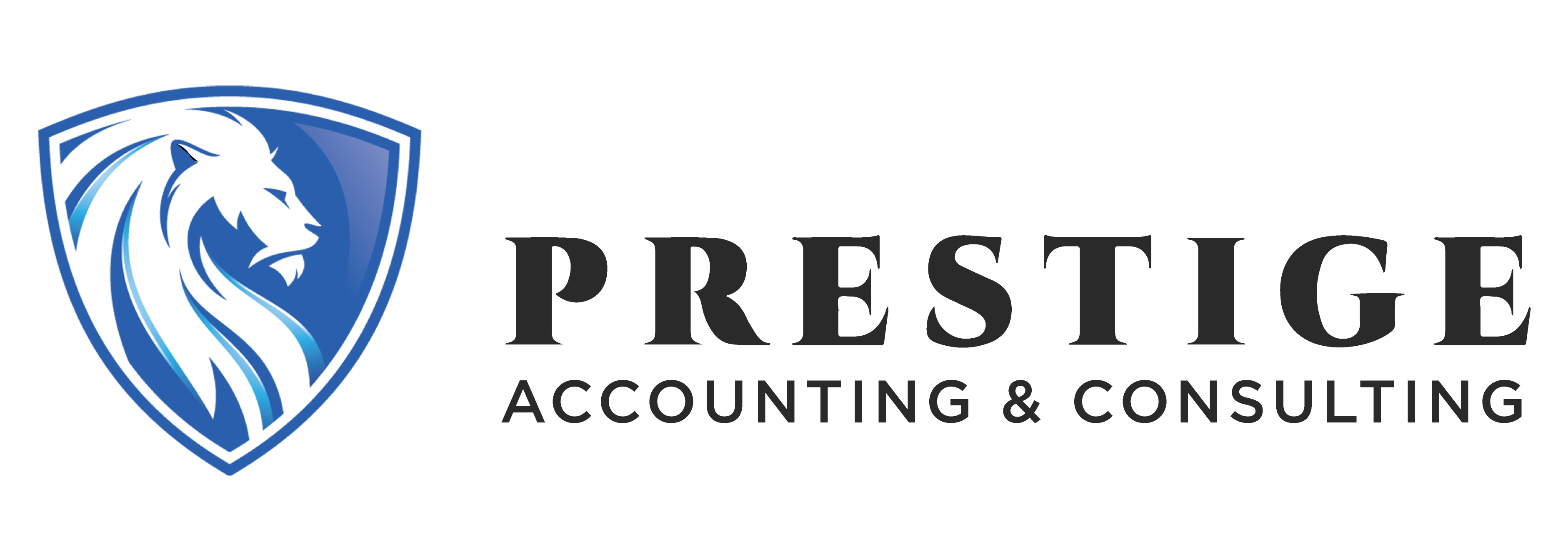Why NOT To Use the Equity in Your Home
February 24, 2021Take Your Law Firm’s Profits to The Next Level
March 12, 2021The COVID pandemic has changed a lot of people’s financial pictures, and with tax season knocking on the door, a lot of folks are more worried than ever before. I’m not trying to strike a somber tone, just a realistic one.
Not a day goes by without a call here in the office asking about tax payment options, worries about judgements, and so on.
With that in mind, I’ve also had a lot of people sharing with me how they “discovered” old financial accounts they’d forgotten about they are now pulling money from to pay off bills or consolidating with other accounts.
These might be old 401(k)s from earlier jobs, IRAs given from parents to new graduates, and a variety of others, but the point of all this is simple: the institution that handles that account is going to make it seem far harder to close than it really is.
One example that was recently shared with me was a client who had been given a small IRA from his parents as a 21st birthday gift. He’d never “forgotten” about it, but the bank that had originally handled the transaction had been bought and sold three times since that time. The total value wasn’t anything to write home about, and after he studied the various options he had to put these monies to work, he decided to close the account, cash it out, and invest it elsewhere.
To hear him tell it, the first three people he talked to in the bank made it seem as though he was trying to drill their teeth! My client kept calm, continued to explain his wants, and finally got through to someone who could help him.
Nearly forty-five minutes of being on hold, being transferred, and generally being told how dumb he was for doing this, when he got to someone who could actually help him, the transaction ended up taking only about fifteen minutes.
(As an aside, he took those funds, invested in the crypto market, and has already made a larger return in four months than the account had made in the last four years…)
The moral of the story is this: if you have lazy financial assets (or simply ones that you need to reallocate), you don’t always need to listen to the people at the bank. Yes, there are often financial or tax liabilities that come from closing a retirement account, but those aren’t impossible to sort out.
It’s your money, you have access to it whenever you need it! If you’ve got an account like this and aren’t sure about what – or how – to proceed, then feel free to reach out to me or my team and let’s discuss what might be the best game plan.



